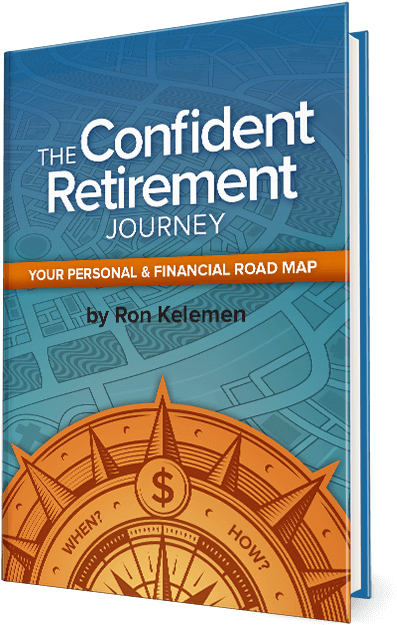Run your business
Depending on the type of business you own, your business location may need to install connected equipment or services before you can start.
Fitness is an important aspect of business because your customers can be attracted through well-designed looks such as a cozy cafe or lively restaurant.
If you are renting your space as a business tenant, it is important to invest your time and effort in planning ahead to avoid problems later. For example, some businesses spend a lot of money on repairs to realize that their rent is limited, so they can not recoup the costs involved.
Here are three factors to consider when planning a business venture for you.
Factor 1: Know the extent of your suitability
Before you commit to any plan that is right for your premises, it is important to understand exactly what you need to run your business in accordance with your specific health and safety requirements and industry standards.
Things to consider include:
Storefront, including shelves and displays
Lighting
Air conditioning
Floor and window coverings
Power points, electrical equipment and submeters
Security, smoke detectors and fire control systems
Water supply and waste
Internet and telephone connection
Make sure your planned components will fit the space you are renting and leave space for your staff and customers if they are going to visit.
It may be tempting to do your best, but it's important to strike a balance between a well-designed, budget-friendly design so you can still afford your rent and consider finalizing your lease. You.
You also need to know if your building is right for your business before you decide on the right components. For example, your homeowner may need to install a slope for convenience or safely remove the asbestos to make sure its premises are suitable for any business.
Factor 2: Be clear about costs and responsibilities
It is important to find out exactly if your landlord will contribute to your business, including how and what conditions will be involved. You also need to know what approvals will be required (for example, if your building is inscribed on the Heritage List) and who will own the individual items that fit.
If your business premises are in a shopping center, they are likely to have specific needs that you will need for a budget, so make sure you can stick to your budget.
If your business invests in renovations or upgrades that will remain the same after your lease, you can negotiate a lower rent or non-lease term with your landlord.
Factor 3: Plans for terminating your lease
Get everything in writing and make sure it is clear what will happen to the elements of your suitability when your lease expires, even if you plan to be a long-term tenant.
At the end of your lease, some elements of your fit will be able to move with you, such as shelving. Other equipment, such as power points and smoke detectors, will be left to your landlord's next tenant.
Consider preparing a property status report to record and reflect the condition of the premises prior to any appropriate work. You need to know if you are expected to return the premises to its original condition when renting, excluding wear and tear, property damage not caused by your business (such as Fire or flood duration) and any modifications approved by the landlord.
Have a clear agreement on what will happen if you terminate your lease on time. For example, if your landlord invested $ 100,000 to achieve a five-year lease, would you repay that amount if you terminated your lease? If so, how is this calculated?
Consider expert advice
It may be worthwhile to invest in the right skills. A consultant or company with the right experience for your industry can help you achieve the best results. They are likely to know what will work best for your venue, how to plan ahead for the proper process and related approvals, and how other similar businesses you choose to handle transfer responsibilities with the landlord. .









Post a Comment